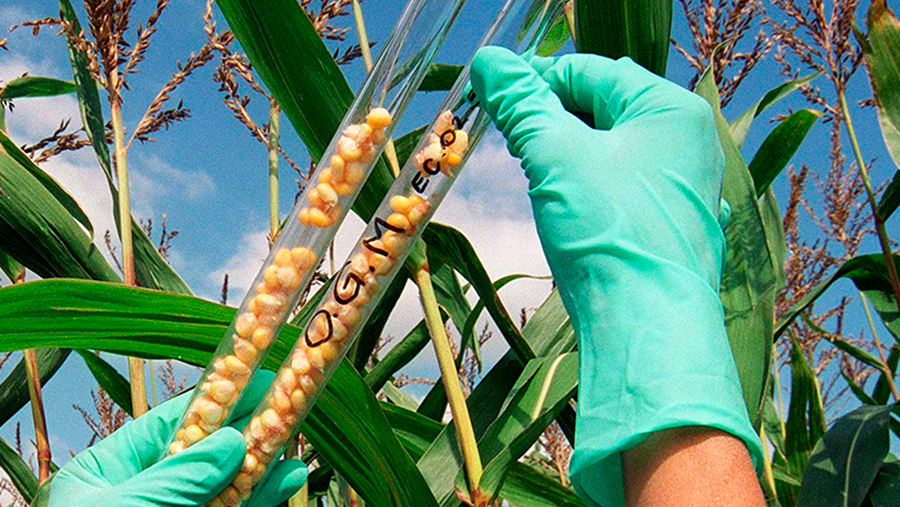‘Better understanding’ needed to exploit GM crops
 © Sipa Press/Rex/Shutterstock
© Sipa Press/Rex/Shutterstock A better understanding of fundamental plant processes is needed to exploit the potential of GM crops to help feed the world, scientists have warned.
Only an improved understanding would fully enable GM technology to create higher-yielding, more resilient food crops, said the researchers.
Genetic modification will be essential to avert future food shortages, said the team of scientists, who reviewed how 35 years of biotechnology has shaped crop production efficiency.
The team comprised researchers from Rothamsted Research at Harpenden, UK, and Syngenta Crop Science and Symmetry Bioanalytics in the US.
See also: GM crop plantings surge to new global peak
Their review was published as an online opinion article in Trends in Plant Science.
GM crops able to repel insect pests or to resist herbicides had transformed the farming of soyabean, cotton, maize and canola, reducing costs and increasing productivity, it said.
However, a lack of knowledge was hindering further improvements in yield – particularly when it came to testing climatic conditions, the scientists warned.
Scientists had identified some genes that affect crop yields, but they still had to fully understand the cellular and developmental processes – and how they behaved in the field.
Field conditions
“Our knowledge of the genes that limit yield in field conditions needs to be developed,” said Matthew Paul, plant biochemist at Rothamsted and leader of the review team.
“At the moment, results that show promise in the lab don’t always work in the field.”
Mr Paul said GM crops and genome editing had great potential, but the technology on offer was often running ahead of researchers’ ability to deploy them.
Fundamental science had run alongside evaluations in the field to deliver yield improvements with a strong element of understanding mechanisms.
‘Non-GM better’
Such a strategy was necessary if GM and genome editing approaches were to deliver on their promise of step-changes in yield in a range of environments, said Mr Paul.
The pro-organic Soil Association said the GM industry had been promising for decades that GM crops will revolutionise farming or even solve world hunger.
But none of their promises had come to fruition.
The GM industry had promised higher yields and improved nutritional value, but had failed to produce even one commercially viable example, said the Soil Association.
Pest resistance, blight resistance and drought tolerance were all traits that could be produced far more quickly and cost-effectively through non-GM breeding practices, it said.

